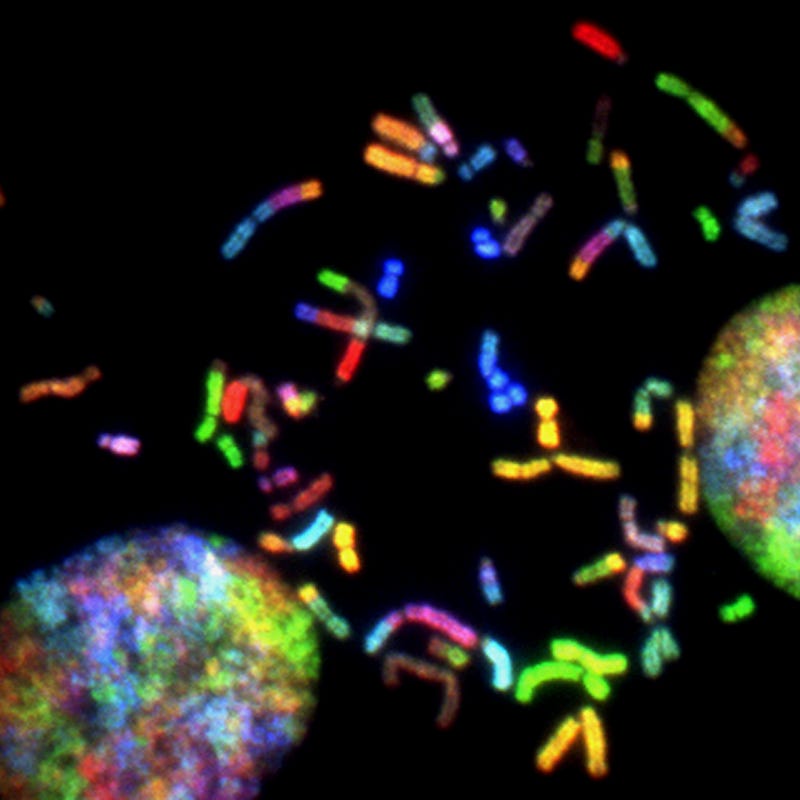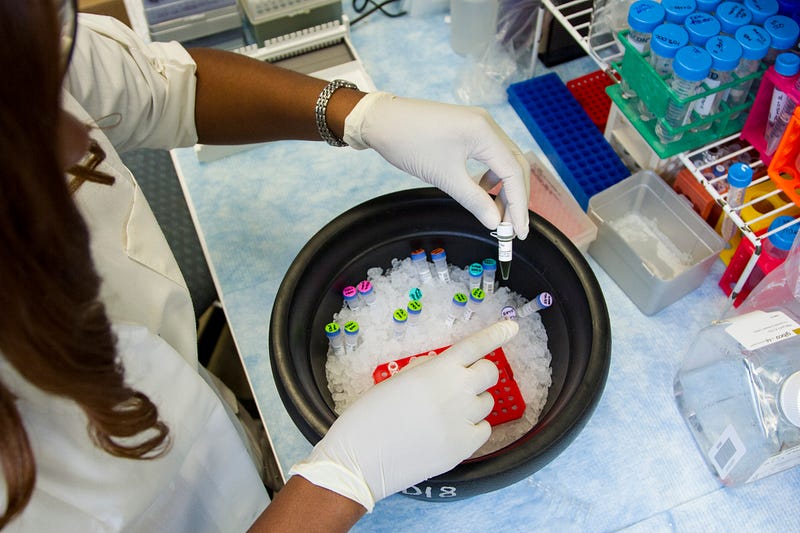Advancing U.S. Biotechnology: A New Era of Innovation
Written on
Chapter 1: Overview of the Initiative
The National Biotechnology and Biomanufacturing Initiative aims to enhance food and energy security, promote agricultural advancements, and reduce the effects of climate change. The United States has become overly dependent on foreign sources for essential materials and bioproduction. This reliance poses significant risks, especially given the off-shoring of crucial industries, including biotechnology, which jeopardizes access to vital chemicals and active pharmaceutical ingredients.

Section 1.1: Goals of the Initiative
The Initiative is designed to bolster food and energy security, stimulate agricultural innovation, and mitigate climate change impacts through biotechnology. By leveraging biotechnological advancements, we can engineer microbes to produce specialized chemicals and compounds.
The Executive Order launching this initiative will aim to reduce costs, generate quality jobs, strengthen supply chains, enhance health outcomes, and lower carbon emissions. Various U.S. departments and agencies will work collaboratively to achieve these objectives, as outlined in recent White House briefings.
Description: The White House Summit on Biotechnology and Biomanufacturing discusses the future of biomanufacturing in the U.S. and its impact on the economy and health.
Section 1.2: Strengthening Supply Chains
The Department of Health and Human Services is set to invest $40 million to enhance the role of biomanufacturing. Simultaneously, the Department of Defense has initiated a program with a $270 million investment over five years aimed at expediting the transition of research into market-ready products. The Department of Energy (DOE) will collaborate with the Department of Transportation and the USDA to utilize sustainable biomass for aviation fuel, benefiting American households by lowering fuel costs.
Chapter 2: Driving Domestic Innovation
Description: An overview of the Executive Order focused on accelerating U.S. biotechnology and biomanufacturing, emphasizing innovation and domestic production.
Section 2.1: Expanding Domestic Biomanufacturing
The Department of Defense plans to allocate $1.2 billion over five years to develop the bioindustrial manufacturing infrastructure within the U.S. This initiative will not only support innovation but also enhance biosecurity and cybersecurity for these facilities. Additionally, the USDA will allocate $500 million to foster independent and sustainable fertilizer production starting in the summer of 2022.
Section 2.2: Promoting Innovation Nationwide
The National Science Foundation has launched a competition to fund Regional Innovation Engines across the country. Furthermore, the USDA has announced $32 million for wood innovation and community wood grants, which will leverage $93 million in partner funding to create new wood products and promote effective use of U.S. forest resources. The DOE is investing $178 million in innovative biotechnological research, while the U.S. Economic Development Administration is committing $1 billion to enhance regional biotechnology and biomanufacturing initiatives. These investments will revitalize pharmaceutical supply chains, foster sustainable mariculture, utilize mass timber for affordable housing, and cultivate a skilled biotech workforce.

Section 2.3: Commercializing Bioproducts
The DOE and USDA will invest up to $160 million in research for converting biomass into fuels and chemicals. The Departments of Defense and Commerce are collaborating to expand partnerships within the biomanufacturing sector. The National Institute for Innovation in Manufacturing Biologics (NIIMBL) will spearhead an initiative to enhance patient access to gene therapies, while BioFab USA is establishing the BioFab Foundries, a pioneering facility for biological product manufacturing.
Section 2.4: Educating Future Biotechnologists
To cultivate the next generation of biotechnologists, the National Institutes of Health will expand the I-Corps program, a biotech entrepreneurship bootcamp aimed at connecting underrepresented students with biopharmaceutical companies. The USDA is allocating $68 million through the Agriculture and Food Research Initiative to support the training of future research and education professionals.
Section 2.5: Regulatory Innovations
The Food and Drug Administration (FDA) is committed to enhancing medical supply chain resilience and improving patient access to innovative medical products through advancements in regulatory science and increased industry engagement.
Section 2.6: Advancing Bioeconomy Standards
In a bid to strengthen the bioeconomy, the Department of Commerce plans to invest an additional $14 million next year into biotechnology research to develop measurement technologies, standards, and data.
Section 2.7: Enhancing Biosecurity
The DOE will dedicate $20 million to a new biosecurity initiative to mitigate risks associated with biotechnological innovations.
Section 2.8: Facilitating Data Sharing
The National Institutes of Health is broadening a national data infrastructure to support cancer care and accelerate the discovery of new treatments, partnering with the USDA. Additionally, the USDA is collaborating with the NIH to incorporate data on persistent poverty into cancer surveillance efforts, while the NSF has announced a competition for a new $20 million biosciences data center.